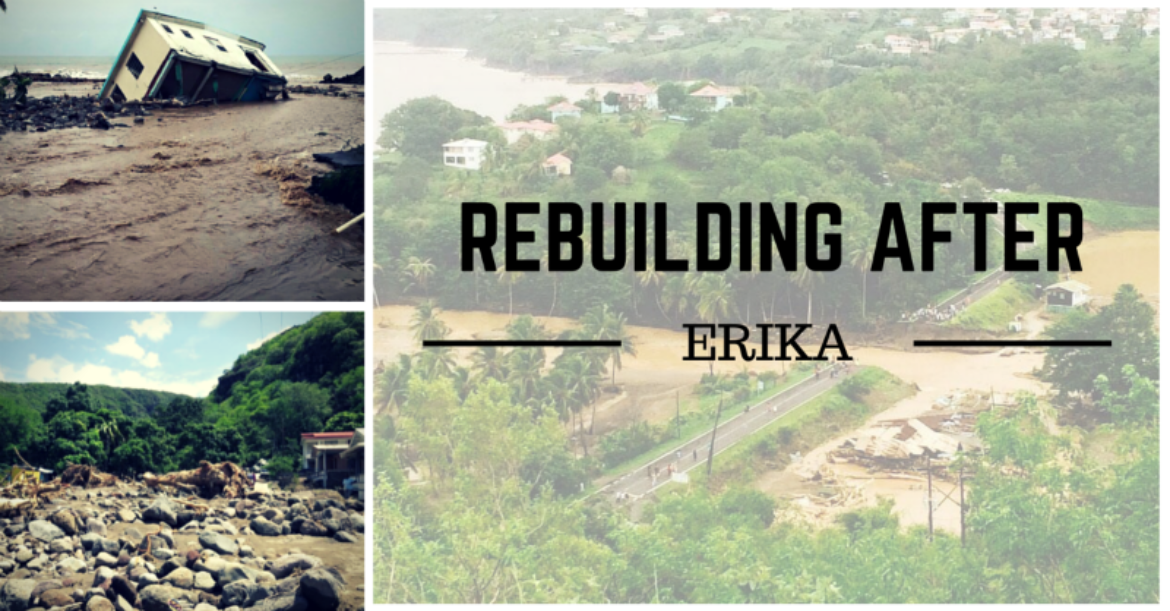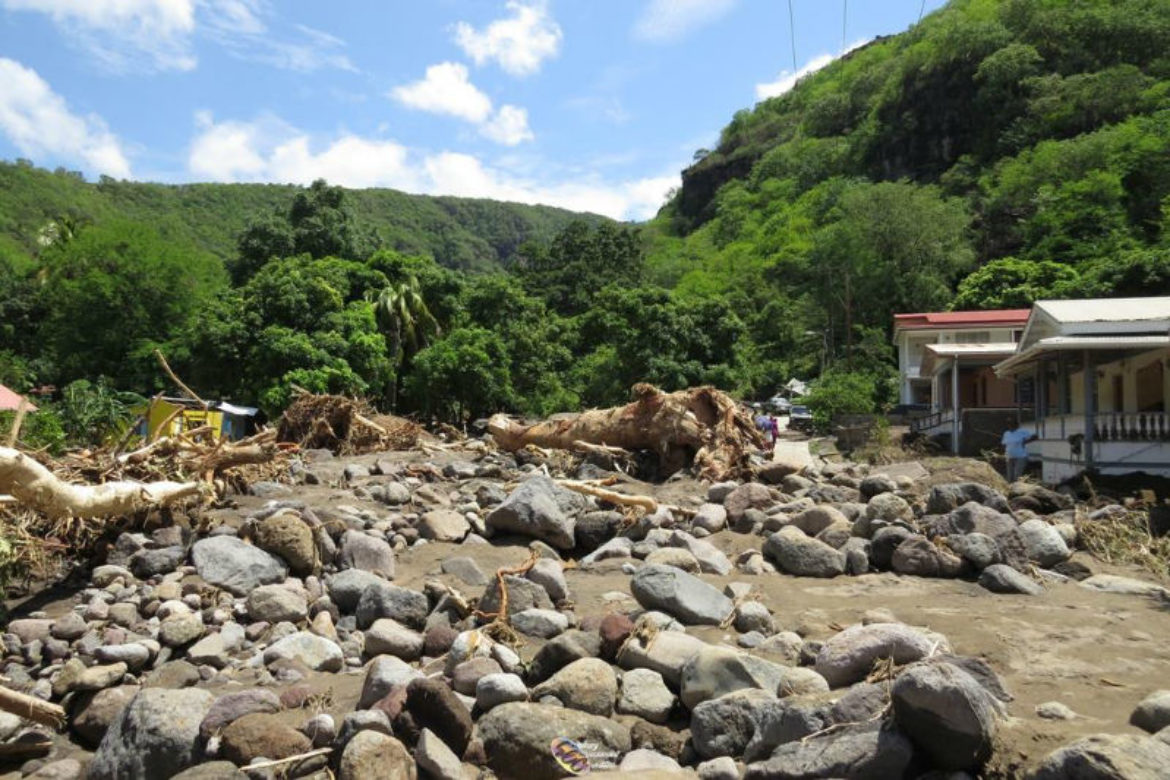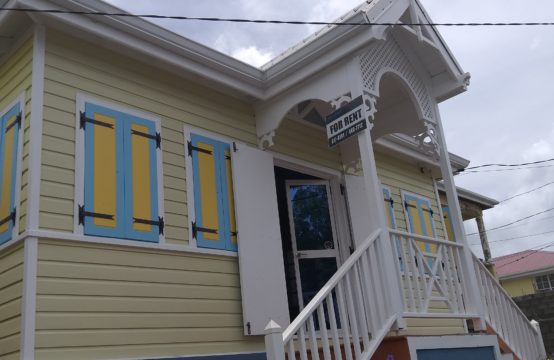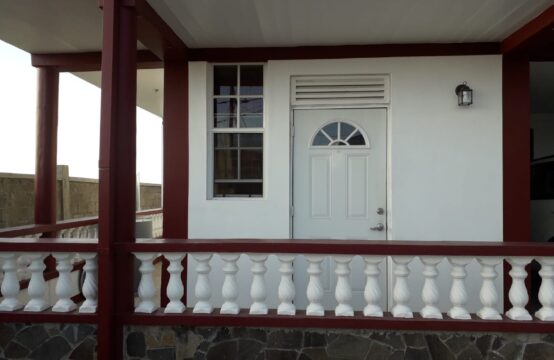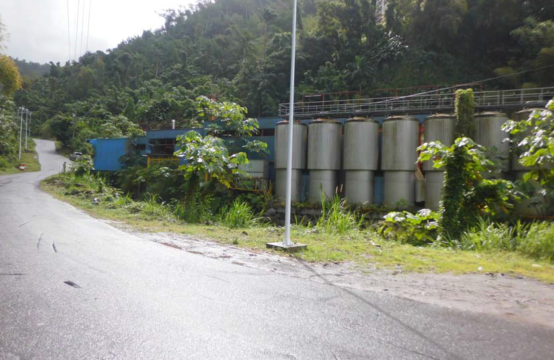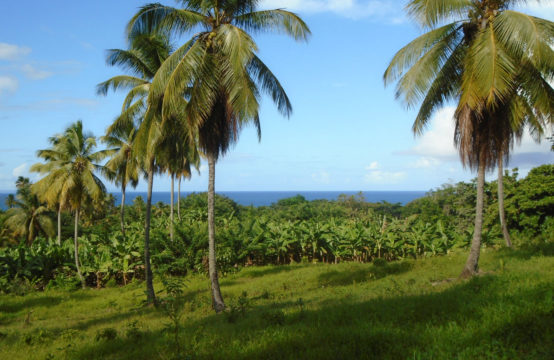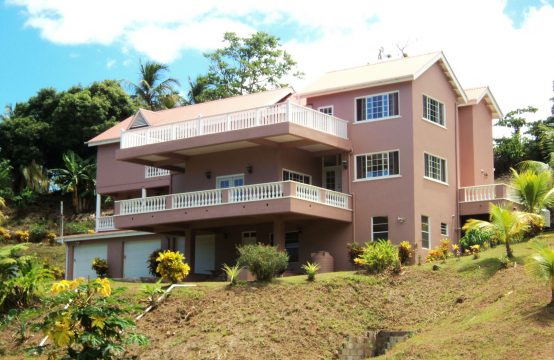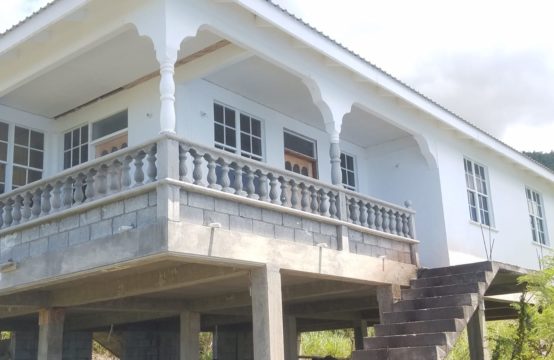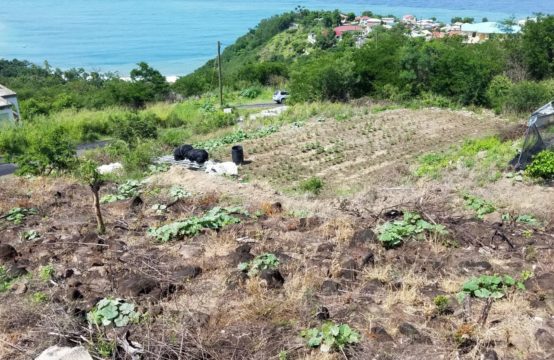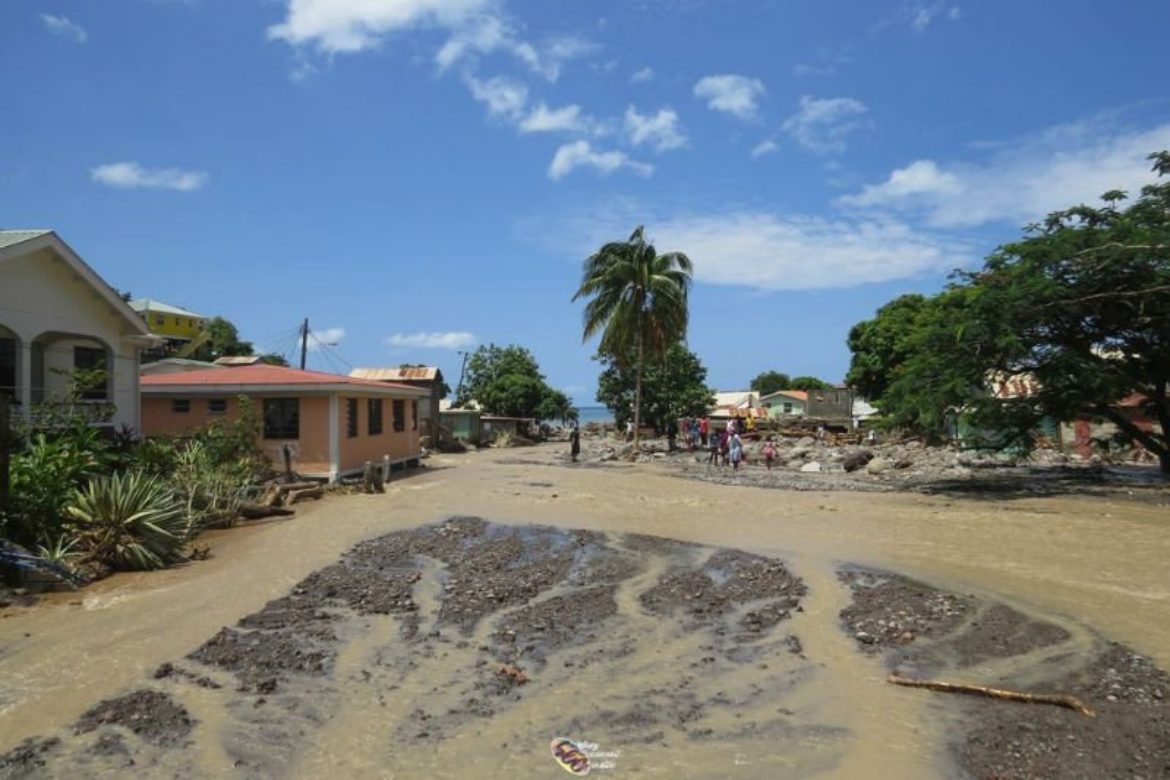
Since the passage of Tropical Storm Erika on August 27, 2015 there has been a greater need to safeguard ourselves from the vulnerability to illness and disease. As of September 16th there have been a total of 153 known cases of Gastroenteritis (commonly known as stomach flu), within certain areas of Dominica. In addition health officials fear that diseases such as Chikungunya and Dengue Fever, which are carried by the Aedes Aegypti mosquito, may resurface due to improper storage of water, as well as fears of the reoccurrence of Leptospirosis on the island. Due to the mere fact that we living in Dominica are still recovering from the effects of the storm, we are more susceptible to such diseases than ever before. Here are a few tips to keep you and your family safe on our road to rebuilding and recovery:
Ensure the water you drink is safe
The lack of pipe borne water in some communities could give rise to diseases like gastroenteritis due to the use of water that may be contaminated. For safety precautions it is wise to treat sources of water (including pipe borne water) by boiling, use of bleach, purification tablet etc.
Protect yourself from mosquitoes by:
- Using mosquito repellents, even while indoors.
- When outdoors, wear long-sleeved shirts and long pants tucked into socks to cover skin from mosquito bite.
- When indoors, use air conditioning if it is available.
- Ensure that windows and door screens are secure and free of holes. If sleeping areas are not screened or air conditioned, use mosquito nets.
- To reduce the mosquito population, get rid of mosquitoes breeding areas. These include old tires, cans, or flower pots that collect rain. Cover all items used to collect water; barrels, pails, large containers, etc.
Leptospirosis, like gastroenteritis, can be caused by contact with contaminated water. Reduce chances of infection by:
- Not swimming in water that might be contaminated with animal urine, or eliminating contact with potentially infected animals.
- Wearing protective clothing or footwear if you are exposed to contaminated water or soil because of your job or recreational activities.
If you need any clarification on this topic, feel free to email us at info@millenia.dm.

